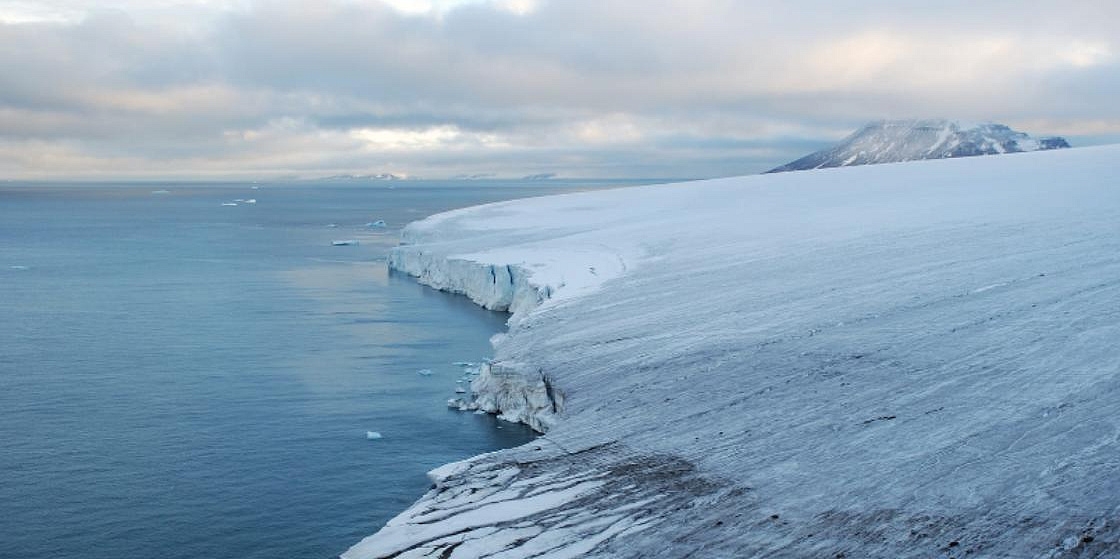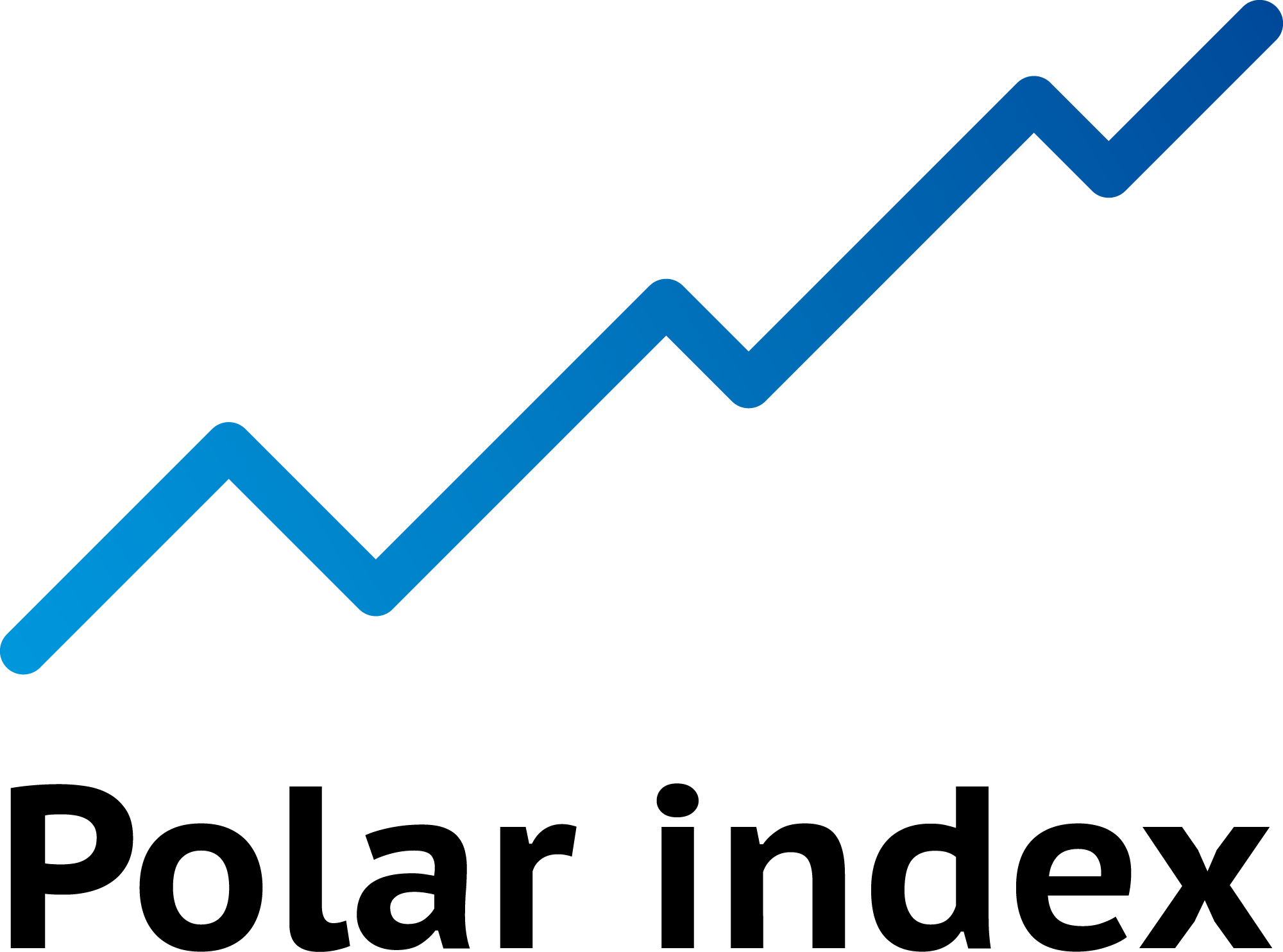
Photo: Nikitin Yaroslav/GeoPhoto.ru
IPCC Report: The Arctic Focus
On 9 August, the Intergovernmental Panel on Climate Change (IPCC) released its latest -- and much anticipated -- report.
According to the IPCC, carbon pollution has been causing global warming since the mid-XIX century. Within the next two decades, the global temperature may additionally rise by 1.5 degrees Celsius (2.7 degrees Fahrenheit). “It is unequivocal that human influence has warmed the atmosphere, ocean and land,” the report says. The IPCC called for immediate action and a transition to a carbon-free economy.
The document highlights the importance of the Arctic in the context of the global climate change.
For instance, further warming will amplify permafrost thawing and the loss of seasonal snow cover, melting of glaciers and ice sheets, and loss of summer Arctic sea ice, the report indicates. The Arctic is likely to be practically free of sea ice in September at least once before 2050.
While Arctic sea ice levels vary throughout the year, the average lows during summer are now at their lowest levels in hundreds of years. This melting creates a feedback loop, with reflective ice giving way to darker water that absorbs solar radiation, causing even more warming, the IPCC says.
Albeit scientists believe that so-called tipping points (threshold events causing major -- and potentially irreversible -- damage) such as a complete loss of the polar ice cover are unlikely, they cannot be ruled out entirely.
In this light, we would like to reiterate that the climate change is a global challenge. It is only through a joint effort that we may be able to counter and reverse the current trends, securing a safe future for the humanity. This is especially true for the Arctic nations -- the ones that are facing the most rapid pace of global warming. They should work together to find new cross-border solutions and foster synergies, setting aside political differences and national egotisms.
According to the IPCC, carbon pollution has been causing global warming since the mid-XIX century. Within the next two decades, the global temperature may additionally rise by 1.5 degrees Celsius (2.7 degrees Fahrenheit). “It is unequivocal that human influence has warmed the atmosphere, ocean and land,” the report says. The IPCC called for immediate action and a transition to a carbon-free economy.
The document highlights the importance of the Arctic in the context of the global climate change.
For instance, further warming will amplify permafrost thawing and the loss of seasonal snow cover, melting of glaciers and ice sheets, and loss of summer Arctic sea ice, the report indicates. The Arctic is likely to be practically free of sea ice in September at least once before 2050.
While Arctic sea ice levels vary throughout the year, the average lows during summer are now at their lowest levels in hundreds of years. This melting creates a feedback loop, with reflective ice giving way to darker water that absorbs solar radiation, causing even more warming, the IPCC says.
Albeit scientists believe that so-called tipping points (threshold events causing major -- and potentially irreversible -- damage) such as a complete loss of the polar ice cover are unlikely, they cannot be ruled out entirely.
In this light, we would like to reiterate that the climate change is a global challenge. It is only through a joint effort that we may be able to counter and reverse the current trends, securing a safe future for the humanity. This is especially true for the Arctic nations -- the ones that are facing the most rapid pace of global warming. They should work together to find new cross-border solutions and foster synergies, setting aside political differences and national egotisms.
10 August 2021




